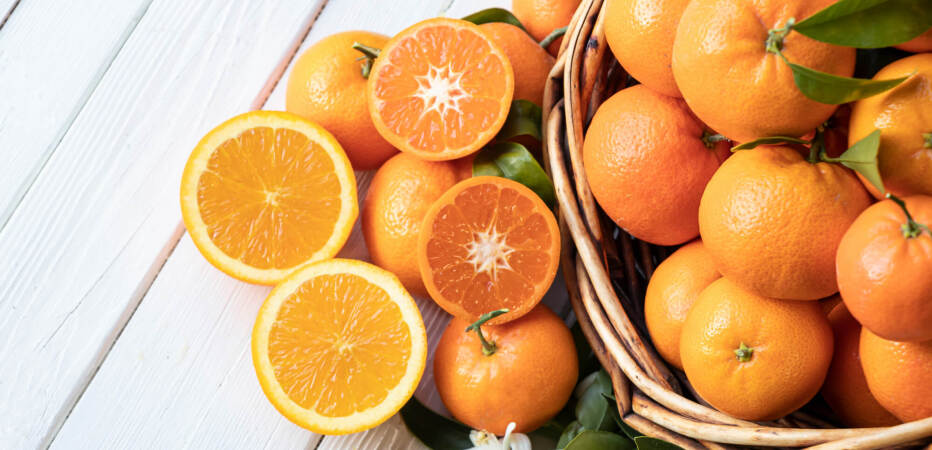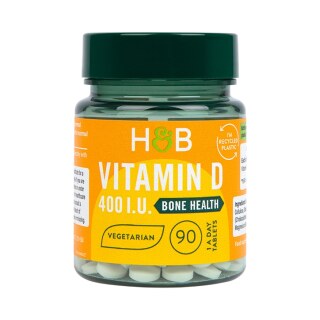The immune system is our body's defence centre, the function of which is crucial for the effective treatment of pathogenic microorganisms. Just as the army of a nation army protects it from invaders, the immune system is prepared to protect us from potential "invaders" such as bacteria, viruses, fungi. "Officers" of the crew that play a key role in coordinating healthy defence are the spleen, tonsils, lymph nodes, bone marrow as well as our gut microbiome, which has very recently demonstrated its vital role in the effective functioning of the immune system. Finally, antibodies as well as immune cells are considered be the "soldiers" that get the job done and chase the "invaders", trying to ensure the integrity of our health.
Healthy immune system. Which factors regulate immunity?
As we have discussed in a previous article, genomics influence on our health remains largely unchanged. So, our genes, that we all carry and pass on to the next generations, greatly influence the functioning of the immune system. However, in addition to that, our lifestyle is one of the main factors in boosting the immune system, which can play an active role in how functional our "army" of defense is. Lifestyle factors for boosting the immune system include:
- Stop/reduce smoking. Quitting smoking is one of the most effective ways to boost our immune system. Smoking has been linked to prolonged duration of common cold symptoms, as well as reduced immune response (how quickly and effectively our immune system will deal with an "invader").
- Physical activity. A sedentary lifestyle has been associated with an increased likelihood of getting sick. Specifically, in a recent study, just 8 weeks of adopting a moderate-intensity exercise such as walking, for 30-40 minutes, 5 days a week, dramatically reduced the risk of upper respiratory infections.
- Sleep. One of the most underrated tools for boosting our immune system. Lack of sleep (less than 6 hours or poor quality sleep) has been associated with immunity impair and decreased immune response.
- Reduced exposure to pollutants. Continued exposure to air pollution in 2023 is unavoidable, especially for people living in megacities. But we can take some of our free time and spend it outdoors, close to nature, which we need more than ever.
- Mental health care. An ancient greek saying states that our mind is in good health, when our body is in good health. Our emotional and mental health is linked to our physical health, as the brain and nervous system are in constant communication with the rest of the body. And the immune system is no exception. Studies have confirmed the increased likelihood of disease in people with mental illnesses such as bipolar disorder and depression.
Dietary habits & nutritional supplementation
Food is the "fuel" that the body uses for all its functions. Think of the foods we choose like the gas we fill our car with. If we fill the car with poor quality gas for too long, then aren't we risking the car developing a problem at some point? So, it's the same with our diet. Our eating habits, then, can have a major impact on boosting our immune system, something that is continually confirmed scientifically. So what can we do, in terms of nutrition?
- Enriching our diet with colourful fruits and vegetables. Each colour provides us a different group of antioxidants, ingredients with strong immunoprotective properties.
- Choosing good quality fats, such as monounsaturated and omega-3 polyunsaturated fats, which help reduce inflammation and boost our immune system. Cook with olive oil, try nuts as a snack and eat fish at least 1-2 times a week.
- Reducing highly processed food consumption, such as commercially prepared products high in sugar and salt - crisps, biscuits, cakes, doughnuts - whose frequent consumption has been associated with decreased immune response. Try making them at home with pure ingredients such as 100% nut butters, oats, cocoa, dried fruit, seeds, and honey. You'll find a variety of products for delicious recipes here.
- Adequate protein intake. The production of immune cells and antibodies requires the presence of protein. Good quality protein sources include meat, fish, seafood, eggs, nuts, nut butters, seeds, legumes, quinoa.
- Enriching your diet with foods rich in probiotics such as traditional yoghurt, kefir, kombucha, pickles and prebiotics such as banana, apple, onion etc. As we said at the beginning, the gut microbiome is the "hidden organ" of the immune system. A good quality diet, rich in prebiotics (the " food of our friendly bacteria") and probiotics (friendly bacteria) helps to further enhance our immune system, creating a very strong "army".
The above lifestyle change tips are the basis for strengthening our immune system in the best way possible. However, are there supplements we can include to help boost the immune system even more?
Vitamin C. The immune-protagonist vitamin C with its powerful antioxidant and antibacterial action. A recent study involving 11000 people noted a reduced duration of common cold symptoms by 8% in adults and 14% in children, with vitamin C supplementation ranged between 1000-2000mg.
Vitamin D. Vitamin D action on the immune system is vital, as numerous studies have shown that people with vitamin D deficiency have an increased chance of becoming ill. Furthermore, vitamin D deficiency has been associated with increased severity of Covid-19 symptoms. Let's not forget that almost 65% of Greeks are deficient annually, with supplementation being the best alternative.
Zinc. One of the most abundant and important minerals in our body with many different roles in immune function. A review that evaluated 575 people with the common cold showed that taking 75mg of zinc reduced the duration of illness by 33%.
Elderberry. Recent scientific data notes a large reduction in symptoms of upper respiratory tract infections with elderberry supplementation, bringing to light another promising supplement.
Echinacea. Firstly used by North American natives, Echinacea is a promising herb that appears to reduce the duration and severity of symptoms of upper respiratory infections.
Furthermore, the adequacy of vitamins such as B complex, vitamin A & vitamin E, as well as minerals such as iron, copper and selenium is also crucial for healthy immune function and in case of deficiency, a balanced and varied diet, combined with taking the right supplement can make a difference. Finally, cod liver oil and fish oil supplements, as well as probiotic supplements are also possible effective alternatives for boosting our immune system. Don't forget that everyone's needs are different, so in any case, supplementation is individualized.
Let's not forget that the foundation of a strong immune system is built on a balanced lifestyle. Holland & Barrett, with 150 years of experience, provides a variety of delicious & nutritious foods to enrich our diets as well as a variety of vitamins & supplements that will work together to help build a strong and effective immune system.
Scientific references
Brendler, T., Al‐Harrasi, A., Bauer, R., Gafner, S., Hardy, M. L., Heinrich, M., ... & Williamson, E. M. (2021). Botanical drugs and supplements affecting the immune response in the time of COVID‐19: Implications for research and clinical practice. Phytotherapy Research, 35(6), 3013-3031.
De Frel, D. L., Atsma, D. E., Pijl, H., Seidell, J. C., Leenen, P. J., Dik, W. A., & Van Rossum, E. F. (2020). The impact of obesity and lifestyle on the immune system and susceptibility to infections such as COVID-19. Frontiers in nutrition, 279.
Fu, Y., Wang, Y., Gao, H., Li, D., Jiang, R., Ge, L., ... & Xu, K. (2021). Associations among dietary omega-3 polyunsaturated fatty acids, the gut microbiota, and intestinal immunity. Mediators of inflammation, 2021.
Hawkins, J., Baker, C., Cherry, L., & Dunne, E. (2019). Black elderberry (Sambucus nigra) supplementation effectively treats upper respiratory symptoms: A meta-analysis of randomized, controlled clinical trials. Complementary therapies in medicine, 42, 361-365.
Hemilä, H., & Chalker, E. (2013). Vitamin C for preventing and treating the common cold. Cochrane database of systematic reviews, (1).
Hemilä, H. (2017). Zinc lozenges and the common cold: a meta-analysis comparing zinc acetate and zinc gluconate, and the role of zinc dosage. JRSM open, 8(5), 2054270417694291.
Khalesi, S., Bellissimo, N., Vandelanotte, C., Williams, S., Stanley, D., & Irwin, C. (2019). A review of probiotic supplementation in healthy adults: helpful or hype?. European journal of clinical nutrition, 73(1), 24-37.
Miller, L. E., Lehtoranta, L., & Lehtinen, M. J. (2019). Short-term probiotic supplementation enhances cellular immune function in healthy elderly: Systematic review and meta-analysis of controlled studies. Nutrition research, 64, 1-8.
Vanherwegen, A. S., Gysemans, C., & Mathieu, C. (2017). Regulation of immune function by vitamin D and its use in diseases of immunity. Endocrinology and Metabolism Clinics, 46(4), 1061-1094.




















